A child is brought up in a family environment, the family dwells in the environment of the community and the community grows in the context of broader sovietal functions. These different systems interact witn one another and shape the development of the child. Our life is, therefore, a reflction of how we were nutured and reared by our parents or guaradians in this socio-cultural ecology.
The book describes an inter-cultural study of the child study of rearing and upbringing of the child. Focusing on the raring practices of the Meiteis of Manipur, the Rongmeis, Tangkhuls and Meitei Pangals of Manipur who reside as separate homogeneous groups, it examines the social background and cultural practices of the societies relating o children, seeing whether there are differences in practices of the communities taking into account several factors like education, family income, mothers being employed outside the home or being at home, and urban and rural areas. It deals with the awareness among mothers regarding pregnancy symptoms, the upholding of traditions and values by the societies especially the beliefs attached to rites and rituals, and confinement on the birth of the child. It brings out the inconsistencies or non-uniformity in child rearing practices relating to toilet training, introduction of semi-solid foods, immunisation of infants, and the way mothers deal with the child’s behaviour.

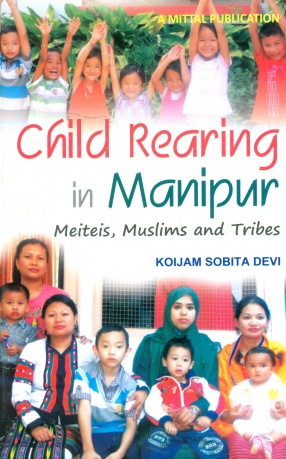
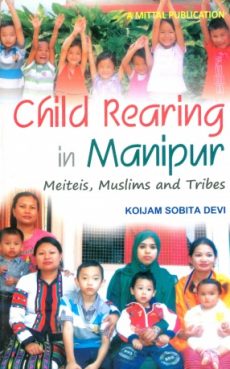
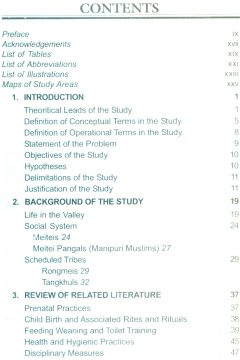
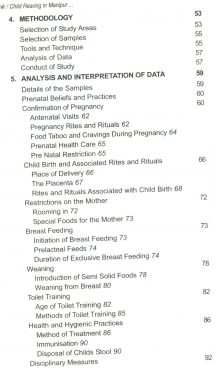
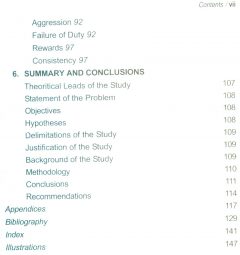
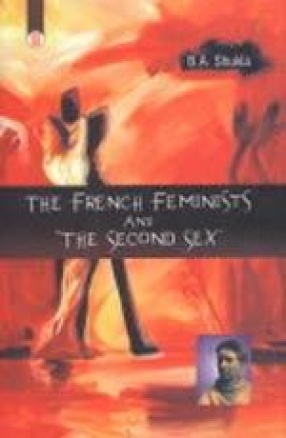
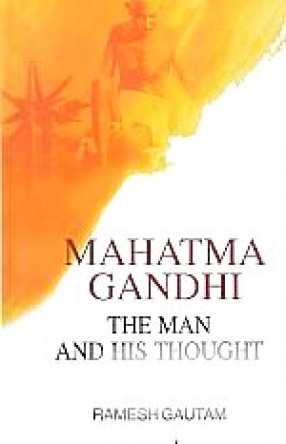
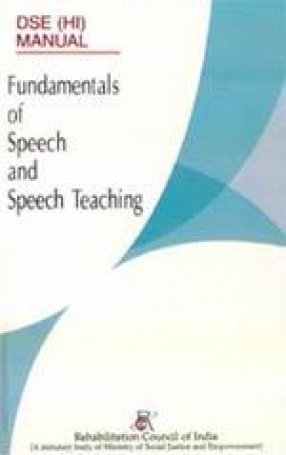
There are no reviews yet.